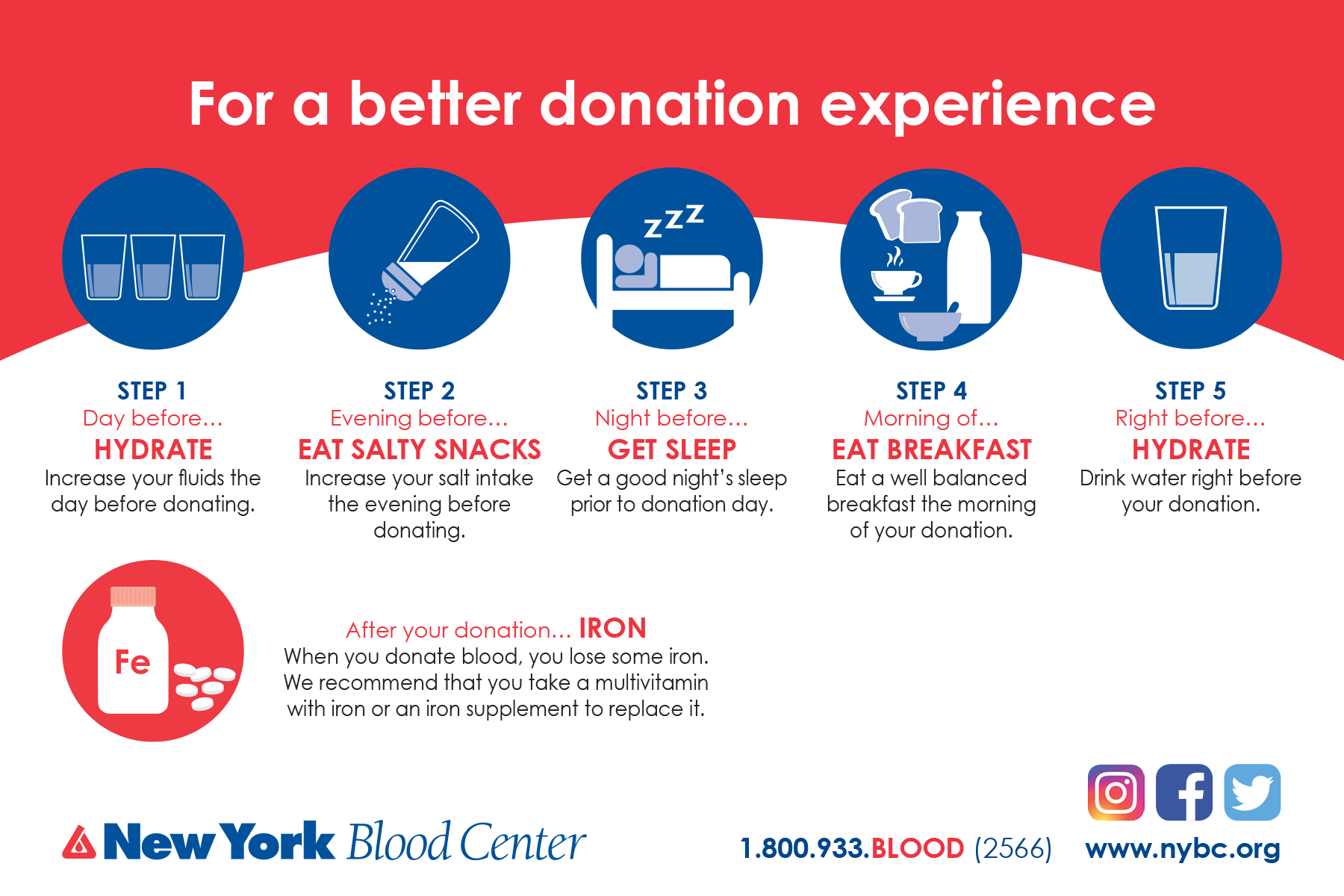“No Manifestation of this generosity of spirit is more expressive, and no gift more priceless in time of personal crisis, than the donation of one’s blood. The voluntary blood donor truly gives life itself.”
President Richard Nixon proclaimed January 1970 as the first National Blood Donors Month on December 31, 1969, as requested by Senate Joint Resolution 154, to pay tribute to voluntary blood donors and encourage new donors to join. The Red Cross supplies about 40% of our nation's blood and blood components, all from generous volunteer donors. But the supply cannot always satisfy the demand because only about 3% of age-eligible people donate blood yearly. Each new donor helps meet patient needs.
Quick Facts
1 in 7 patients admitted to a hospital will use blood
1 out of 83 births will require a blood transfusion
A single car accident victim may need up to 100 pints of blood to survive.
Type O negative red cells can be administered to patients of all blood types.
Only 7% of people in the U.S. have type O negative.
Type AB positive plasma can be transfused to patients of all blood types.
Only 3% of people in the U.S. have AB positive blood
Blood and platelets cannot be manufactured; they can only come from voluntary donors.
How To Donate
Blood donation is a simple, safe process. All you have to do is register, take a mini-medical history test, make a donation, then accept free refreshments such as water, Gatorade, granola bars, etc. Donors must have proof of the required minimum age of 17 in most states, a minimum weight of 110 pounds, and present a primary form of identification or two secondary forms of ID. To schedule check the A.A.B.B. (formerly the American Association of Blood Banks) locator, visit the Red Cross website, or call (800) RED-CROSS. If you live in New York City, contact the New York Blood Center. You can also find information through the America’s Blood Centers website or call (202) 393-5725.
As an incentive, starting from June 15 and for at least several months thereafter, any person who gives blood, platelets, or plasma with the Red Cross will be tested to detect the presence of Covid-19 antibodies to see if they have had the virus.
(To be clear, this is a test for antibodies, not coronavirus itself.) -Ashley Ford






